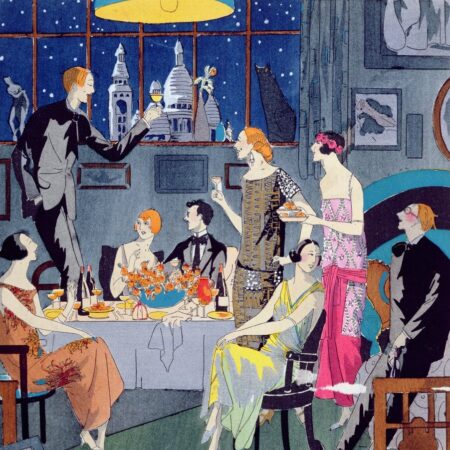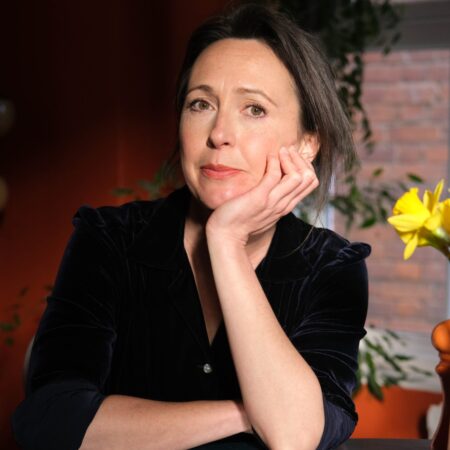This course is an opportunity to get to know two brilliant short stories inside out – and through that process, learn from their two very different authors about great fiction-writing techniques.
Each week, we will read our pair of stories with a focus on one aspect of the writing only. Over five weeks we will read with an eye on, in turn: setting; character; structure; language; and metaphor. As we return to the pair of stories each week to read again, our understanding of them will deepen, and we will not only be able to drill down into the fine detail of how each of those aspects works in each story, we’ll begin to see how they work together, too.
You’ll read in your own time, with brief notes from your tutor, Zoe Gilbert, on each topic to guide you. Then each week you’ll come together on Zoom with fellow writer-readers to share what you have spotted, ask questions, compare and contrast the approaches of each author, and discuss how we might apply the techniques we admire in our own work.
Reading very closely, and especially alongside fellow writers who may read differently, is the best way to make those connections between the powerful effects prose can have on the reader, and how the writer has created them. By analysing what’s happening at the craft level in a great short story, we can carry those approaches with us to our own writing. We can also learn about what really works for us as readers and writers, and what leaves us cold – which is an important step in honing your voice as a writer.
For those who would like to dive straight into applying the techniques we’ve discussed to their own writing, there will be an optional writing prompt to follow each session.
Our two stories to read and discuss throughout the course are ‘Bliss’ by Katherine Mansfield and ‘Mrs Fox’ by Sarah Hall. These texts will be supplied to attendees. Mansfield and Hall are both celebrated writers of short fiction, working a century apart (‘Bliss was published in 1918, ‘Mrs Fox’ in 2013) and taking very different approaches to constructing story, place, character, meaning and emotional impact. This will allow us to explore contrasting styles and craft techniques that can be effective in your own prose, whether you are writing short stories, novels or creative nonfiction.
This course is aimed at all prose writers who would like to identify and develop effective fiction-writing techniques, and improve their craft, whatever their experience.
Course timetable and content
Wednesday 19th June, 7-8.30pm: Week 1 – Setting
How is setting depicted through sensory detail? What is shown, or told, and what is implied? Are there boundaries, or contrasts? How does setting interact with, or reflect inner states of, characters? Is it symbolic?
Wednesday 26th June, 7.-8.30pm: Week 2 – Character
How are characters established? How much backstory is given, implied, or ignored? How ‘close’ are we to each character, and what determines that? Are we told or shown emotions, or do we infer them? What function does each character have?
Wednesday 3rd July, 7-8.30pm: Week 3 – Structure
Where does each story start and end, and why does this matter? How does the opening work, and what sort of ending are we offered? Where are the big ‘beats’, or shifts, or surprises, and what effect do they create? Are gaps left, or actions implied rather than shown? Is there resolution of any kind?
Wednesday 10th July, 7-8.30pm: Week 4 – Language
What sort of vocabulary and sentence structure choices has each author made, and how does this contribute to voice? Does dialogue (if any) have subtext and construct character? What is the significance of the point of view, tense and vantage point of the narration? What is rhythm doing in the story and how is it created?
Wednesday 17th July, 7-8.30pm: Week 5 – Metaphor
What relationships with other texts or potential sources of inspiration we can identify that might add meaning or significance to the story? Which elements of setting and character have symbolic meaning? How do magical elements contribute meaning? What sort of metaphors does each author choose, at both language and object level, and how do these support the themes of the story?
Time commitment
To help with your planning, we suggest you allow about three hours per week outside of the zoom workshops for reading during the course.
Learning online
This course will take place on Zoom, so you will need to have access to the internet at the times given above. Zoom sessions will be recorded and available for the duration of the course for you to watch if you miss a session. The course tutor will share Zoom links and material to read via email.


